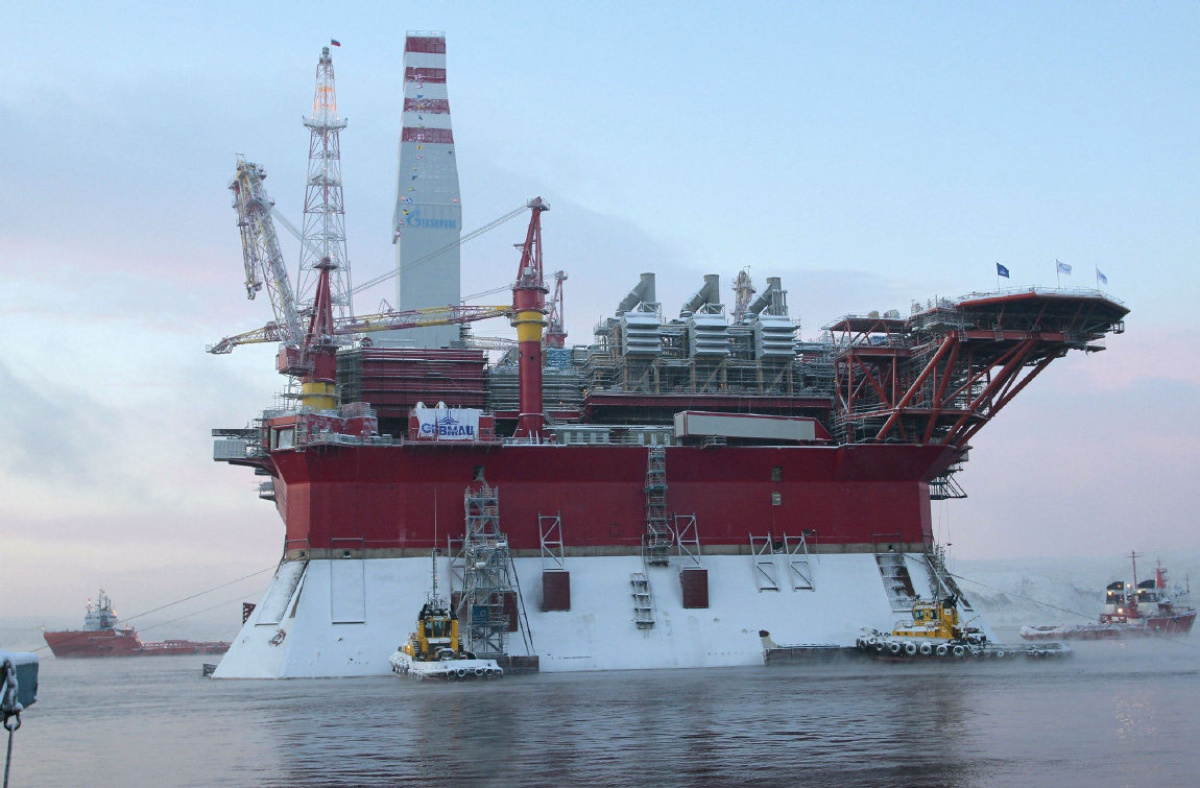$100,000 for every Russian and a share of oil revenues
Mikhail Khodorkovsky and Olga Zhakova, State Duma candidate for Irkutsk Region, together with experts in the field of fiscal relations and the oil & gas industry, have begun drafting a Law on Resource Rents.

Mikhail Khodorkovsky and Olga Zhakova
On the subject of resource rents, let us remember that my colleagues and I some years ago, were directly involved in the drawing up and adoption of the customs and excise law (one of the ways of exacting these rental payments). Under this law, companies were able to retain approximately $18 from a barrel price of $27. This sum was used to cover costs, develop new fields and pay dividends to the shareholders.
Now, when the barrel price is $50, deductions made at the same rates should produce approximately $300 billion per annum from oil alone. What happens to this money? It disappears into the black hole of non-transparent budgets. In our view, it would be quite possible to remove the officials from this feeding-trough so that the funds can be directly (and transparently) paid into the individual pension accounts of Russian citizens. The taxpayer should not be financing state expenditure – people should have an understanding of what the state is living off and should demand that it provide normal services. It’s not a question of taking in more from companies (although Gazprom and Rosneft, for instance, have clearly squandered their resources to no purpose), but of the TRANSPARENT DISTRIBUTION OF THE TAXES COLLECTED!
Every citizen of Russia could amass a pension pot of up to $100,000 with annuity payments towards retirement and insurance schemes from the super-profits of commodity companies.
It’s not cloud cuckoo land. Many countries already operate such a system.
Resource rent is additional profit that commodity companies extract from the country’s natural wealth.
Where does it come from? The cost of producing one barrel of oil is around $5-7, including capital investments and operating expenses. The cost of transporting one barrel is in the region of $3-4. Naturally, oil firms want to make a profit. For them, a reasonable profit is $3-5 on every barrel. The total cost, including profits, therefore averages $13-15. But the market price is much higher. So the remaining $20-30 (or more, depending on the oil price) is super-profit, also called resource rent.
Resource rent belongs to everyone, since it derives from the extraction of Russia’s natural resources by the whole of society, not from the activity of any one company.
At present, resource rent goes to the state budget of the Russian Federation through customs duties and taxes on the extraction of natural resources and corporate profit. But its ultimate destination is murky, and the lion’s share filters into the pockets of officials and oil & gas CEOs.
Even armed with budget spending reports, Russian citizens cannot trace these funds, which are rightfully theirs and should be directed towards social needs.
How can resource rent be distributed without damaging the Russian economy? The answer is to redirect the financial flows into pension funds with further investment.
These changes would significantly reduce social inequality and raise the general standard of living. In proposing such a radical shake-up of the status quo, we are under no illusion as to the complexities of the reform.
Changes to the Tax and Budget Codes of the Russian Federation will be proposed, and a mechanism will be developed to calculate the amount of resource rent per citizen of Russia.
A review is planned of gas companies’ low tax rates with a view to raising them to a more appropriate level.
Moreover, the pensions system will be reformed so that every citizen’s insurance account is credited annually with an amount equal to the resource rent per capita.
Potential projects for resource rent investment will be identified, the main criterion being that investment projects are focused on citizens of the Russian Federation (small/medium business, mortgage lending, etc.).
In September 2016, a package of draft resource rent laws will be presented to the public for widespread consultation.
Let’s build a country that listens to its people!



